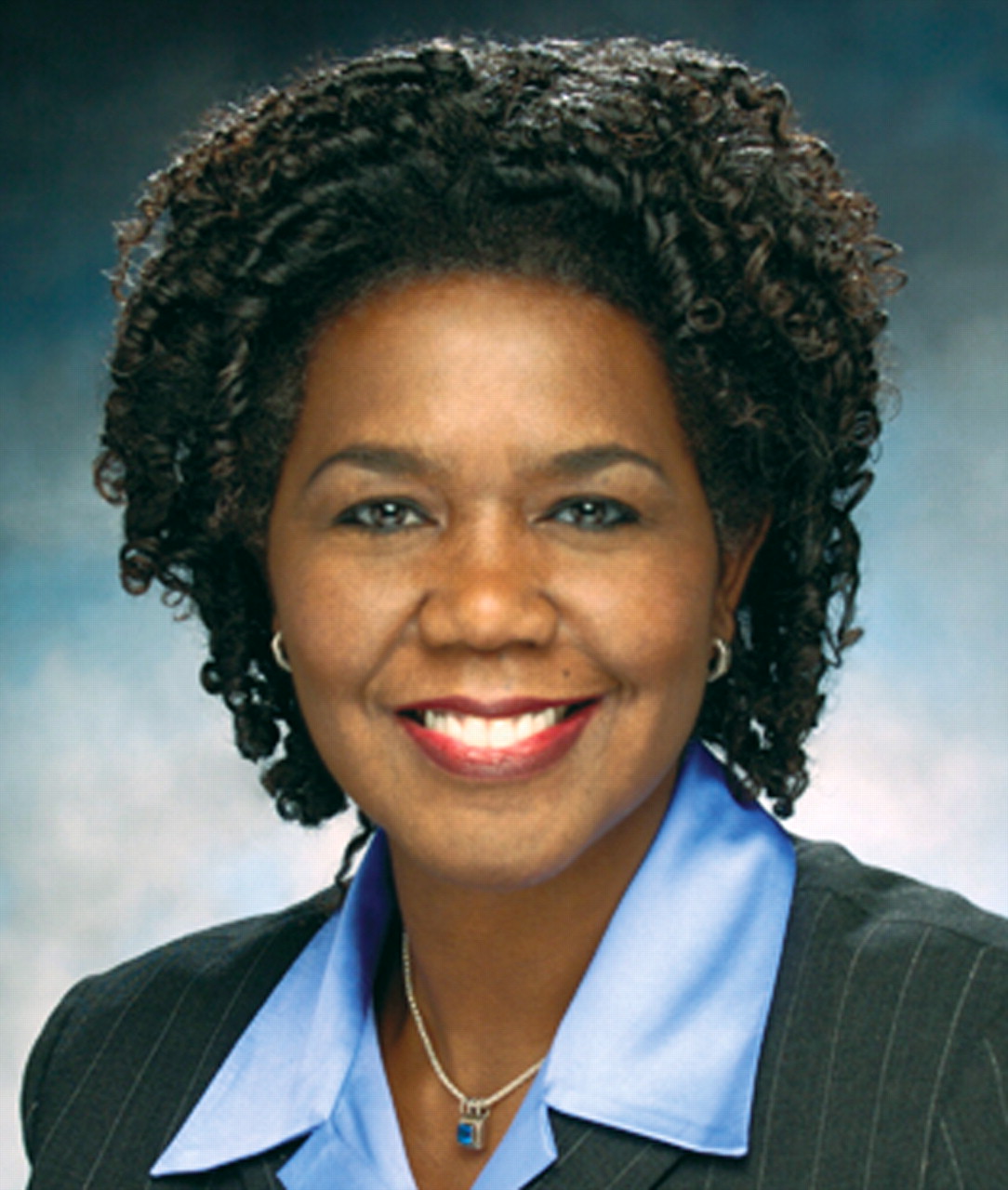APA and psychiatrists in the Virgin Islands last month averted legislative approval of new psychologist-prescribing legislation in the U.S. territory.
The Senate Health, Hospitals, and Human Services Committee of the territory's unicameral legislature held a hearing to consider testimony and vote on a measure (26-0318) to allow psychologists who receive specialized training to prescribe psychoactive medications. However, the committee did not vote because it lacked a quorum. APA officials believe the legislation has stalled for the year, but they will continue to watch for movement that could signal that it is likely to be reintroduced.
The committee heard testimony from 15 supporters and opponents of the bill, including Annelle Primm, M.D., director of APA's Office of Minority and National Affairs.
Primm testified that legislators should reject the bill, in part because the prescribing proposal lacks any physician involvement or oversight. The bill would allow psychologists to write prescriptions for medications after they complete courses that meet training requirements set by the territory's Board of Psychology, not by the Board of Medicine.
“Regulations for training to prescribe and to determine who is qualified to prescribe would thus be written by a board whose members have not been medically trained and who cannot themselves prescribe,” Primm told the committee.
The hearing was the first for the bill, which is the first such measure considered in the Virgin Islands.
Representatives of the Association of Virgin Islands Psychologists said the bill would expand the mental health care resources available for indigent residents with mental illness. Supporters said the bill's requirements are stringent, including completion of a postdoctoral training program specializing in prescriptive practice and 300 hours of class-based instruction in neurosciences, biochemistry, psychopharmacology, and physiology.
The bill also would require psychologists who want prescription privileges to treat a minimum of 100 patients in the clinical portion of the course, which would have to be approved by the Virgin Islands Board of Psychology. Finally, they would have to pass a certifying exam approved by the board.
The bill does not restrict the categories of medications that certified psychologists could prescribe, although prescribed medications must be within“ the scope of practice of psychology.”
Although the Virgin Islands lacks an APA district branch, the legislation was strongly opposed by the territory's psychiatrists, including Ilias Nigamatov, M.D. He testified that the extra training the bill requires falls far short of the amount psychologists would need to prescribe drugs safely and that psychiatrists and other physicians receive in medical school.
Primm testifed, “The idea that a psychologist—a behavioral scientist who has no medical background—can be trained to use these medications safely and appropriately in a few months of classroom work, treating only 100 patients, trivializes patients with mental illnesses.”
But the biggest danger in the legislation, she said, is that it lacks any requirement that a psychologist with a prescription certificate ever consult with the patient's primary physician about the patient's overall condition or care.
Primm emphasized that psychologists are not medical doctors and do not go to medical school. She explained that they are trained in the social and behavioral sciences, learning about the mind, mental and emotional processes, and psychotherapy.
The bill's sponsor, Sen. Usie Richards, said the bill was based on model legislation from the American Psychological Association.
Psychologist-prescribing legislation has been approved in three other U.S. jurisdictions—New Mexico, Louisiana, and Guam. The New Mexico legislation involved the state medical board in the rule-making process, but the Louisiana measure contained no such provision.
Testifying in support of the bill were several local psychologists and a psychologist from Louisiana with prescriptive authority. Opponents who presented testimony included representatives of Virgin Islands hospitals, the Virgin Islands Medical Society, and the Virgin Islands Alliance for the Mentally Ill. ▪

